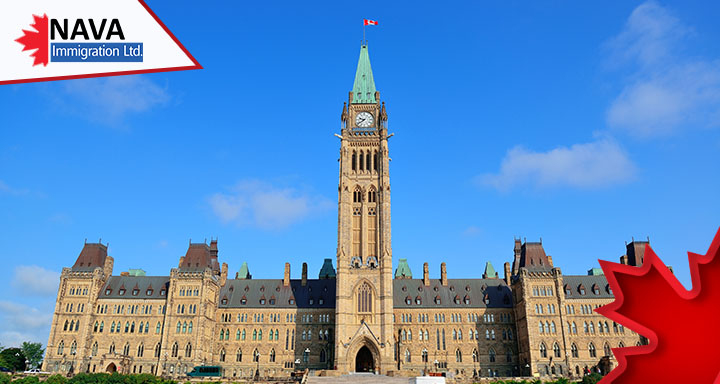A new law to encourage immigration with French proficiency
The Canadian government has implemented a new law highlighting the value of the French language in Canada. The law promotes the immigration of individuals who are proficient in French and minorities outside of Quebec.
For the first time in Canada, the government introduces Bill C-13, which includes immigration into the Official Languages Act (OLA). The Official Languages Act, or OLA, is the federal act that established the French and English languages as the official languages of Canada.
The new law modifies the OLA to acknowledge that the French language, an official language of the country, is endangered and needs to be protected. The new law is divided into three parts. The first part involves modifications to the Official Languages Act, OLA, the second part involves the regulation of French use in private businesses handled by the federal government, and the third part involves the lawful application of the laws.
For the first time, the Official Languages Act involves immigration, thanks to the new law. It realizes the value of French proficient immigration to the francophone minority areas outside Quebec.
Legislative changes are implemented to the measures concerning immigration. Especially the IRCC is obligated to implement the francophone immigration policy, including the aims, targets, and indicators. Additionally, immigration is recognized as a crucial factor that can support the country in sustaining and expanding the population of Francophone minority communities.
The new law also permits individuals to work in French and be served in French who are working in federally controlled private businesses in Quebec or in French minority areas outside of Quebec.
Furthermore, in order to increase access to justice, the law mandates that all the judges appointed to the Canadian Supreme Court be bilingual.
The government feels that the new law will support boosting childcare, education, and healthcare services in French throughout Canada, where bilingual workers are lacking.
IRCC’s efforts for francophone immigration
Currently, the Francophone or French-proficient minority communities in Canada are decreasing in population. As per the most recent 2021 Census, the overall ratio of French-proficient people outside Quebec declined, which dropped from 3.6% in 2016 to 3.3% in 2021.
IRCC acknowledges this downfall and has made efforts for a long time concerning Francophone immigration outside Quebec and providing access to French settlement services.
The IRCC introduced the Francophone Immigration Strategy in 2019 to strengthen its efforts throughout the immigration process. This includes promoting and enticing immigrants towards the IRCC missions overseas and selecting and integrating them in Canada.
According to the IRCC, they are working to reach their target of admitting 4.4% of French-speaking immigrants to the country outside of Quebec by this year.
The following are the IRCC’s efforts under the Francophone Immigration Strategy:
- Under Express Entry, IRCC has set extra points for candidates with French-speaking abilities and bilingual skills.
- For French-speaking and bilingual candidates, IRCC has introduced Temporary dedicated streams. The stream is part of a temporary to permanent residence pathway for valuable workers and recent overseas graduates who are currently in Canada.
- In order to provide settlement services to proficient French newcomers outside of Quebec, the IRCC has increased the funding for 80 francophone service providers.
Currently, IRCC is working on developing a policy concerning Francophone immigration. It encloses a new and more influential immigration target for French-proficient immigration outside of Quebec.





